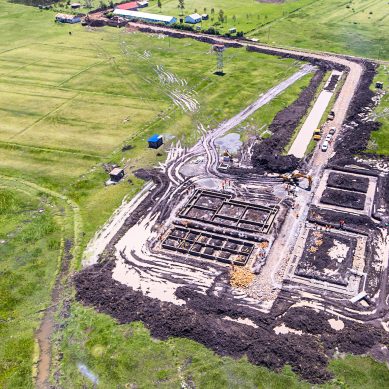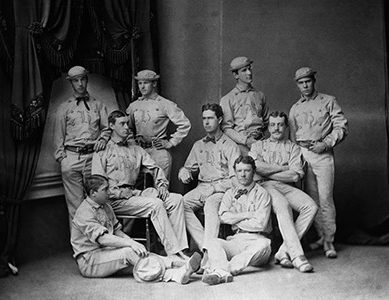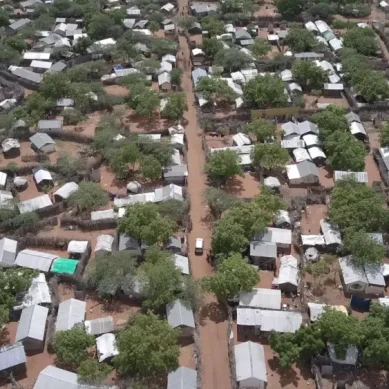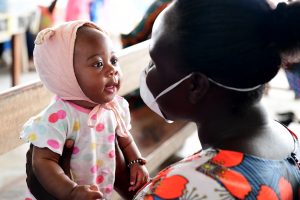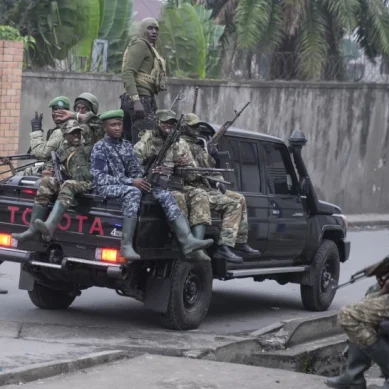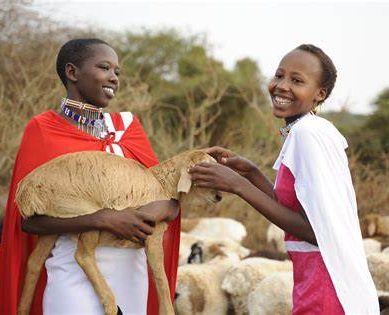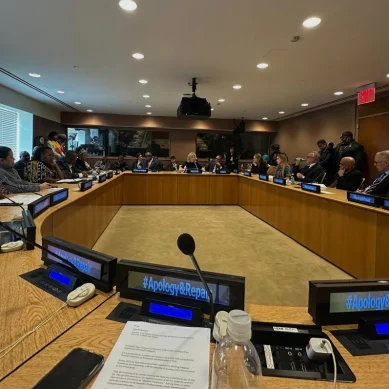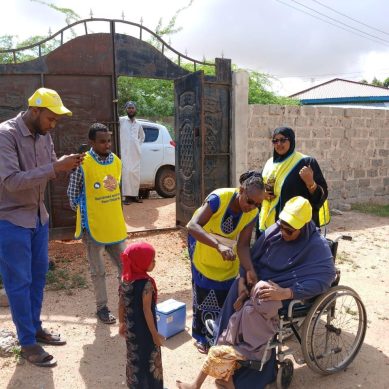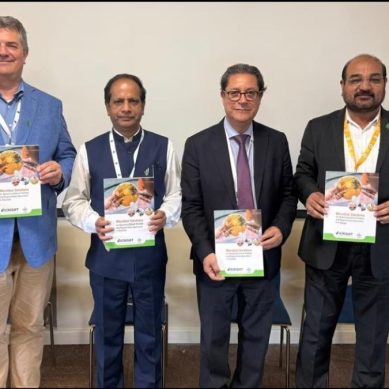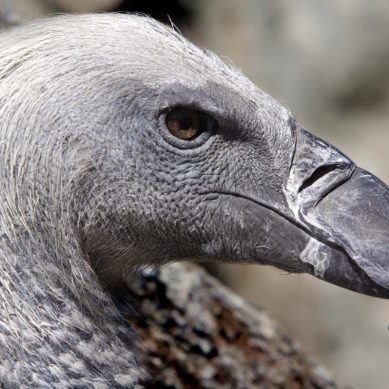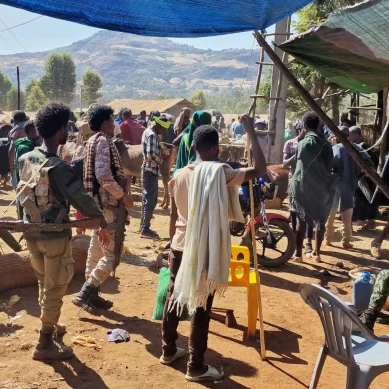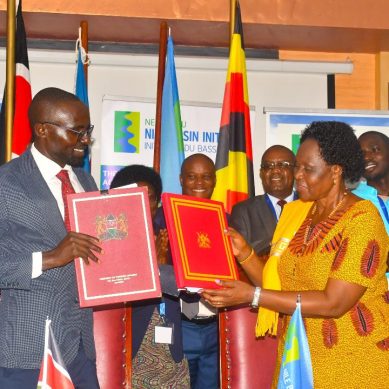‘Refugees are Africans like us’, Kenyans say but fear terrorism as state rolls out non-nationals integration plan
The Shirika Plan has been lauded as a major step forward in securing durable solutions for Kenya’s 800,000 refugees, the majority of whom are from neighbouring Somalia and South Sudan.
UNICEF: Donor funding cuts leave 13 million children in Eastern and Southern Africa at risk of severe malnutrition
In South Sudan, malnutrition among children under five as well as pregnant and breastfeeding women, remains a critical concern. This year, over two million children under five are at risk of acute malnutrition (both moderate and severe acute malnutrition), a 26 per cent increase from 2024.
WHO recommends social and psychological support for school girls to address adolescent pregnancy
Reasons for early pregnancy vary, but are interrelated including gender inequities, poverty, lack of opportunity and inability to access sexual and reproductive health services, with also a strong correlation with child marriage; and in low- and middle-income countries.
Government and rebels agree to cease hostilities but situation in eastern Congo remains volatile
The statement said the parties had agreed to “work towards concluding a truce” and that they were reaffirming their commitment to “an immediate end to hostilities.” Previous commitments to a ceasefire, announced unilaterally, have not held, and Wednesday’s statement was the first such commitment to be announced jointly.
After years of grassroots mobilisation, 700 young Maasai girls spurn genital mutilation for alternative rite of passage
During the three-day session, over 700 girls aged between 10-17 years received training on life skills and decision making, sexual and reproductive health, child rights and gender equality, hygiene and personal care and education and career aspirations.
Great grandchildren of former slave owners and slaves in the Caribbean up the ante for reparations at UN meeting
The Geneva-based Human Rights Council has called for global action for years, including reparations, apologies and educational reforms to make amends for racism against people of African descent. The 15-nation Caribbean Community, known as CARICOM, has a 10-point plan for reparatory justice, starting with demands for European countries where enslaved people were kept and traded to issue formal apologies.
350,000 children in Garissa vaccinated as Kenya ramps up push to check spread of polio from Ethiopia, Somalia
Garissa county polio champion Abdi Guhad said they had to network and convince the community members some who were reluctant to have their children vaccinated.
Kenya: ICRISAT unveils strategy to turn Africa’s expansive deserts into food baskets
ICRISAT Deputy Director General for Research and Innovation Stanford Blade observed that the drylands problems are intensifying, becoming fiercer and more frequent, hence the need to strengthen the research and science base.
No love lost: In Hollywood movies vultures are evil and in Africa they’re harbingers of death not treasured for gift of ‘killing’ diseases
Vultures also have extremely strong stomach acid, don’t get food poisoning and are able to consume and neutralise anthrax, botulism and other bacteria and toxins in carcasses that would kill other animals, removing deadly threats from the environment. Just this week, more than 50 hippos died from suspected anthrax poisoning in a reserve in Congo.
Unbeknown to world, Ethiopia is war again and the rebellion in one of its most powerful regions is devastating
Amhara’s large population has long created pressure to expand, and the ethnic group has claimed the western part of Tigray. The Fano and Amhara regional forces seized it during the Tigray conflict, but they were left out of peace negotiations. They were angered to learn that western Tigray’s fate might be left up to a referendum, which has not been held.
